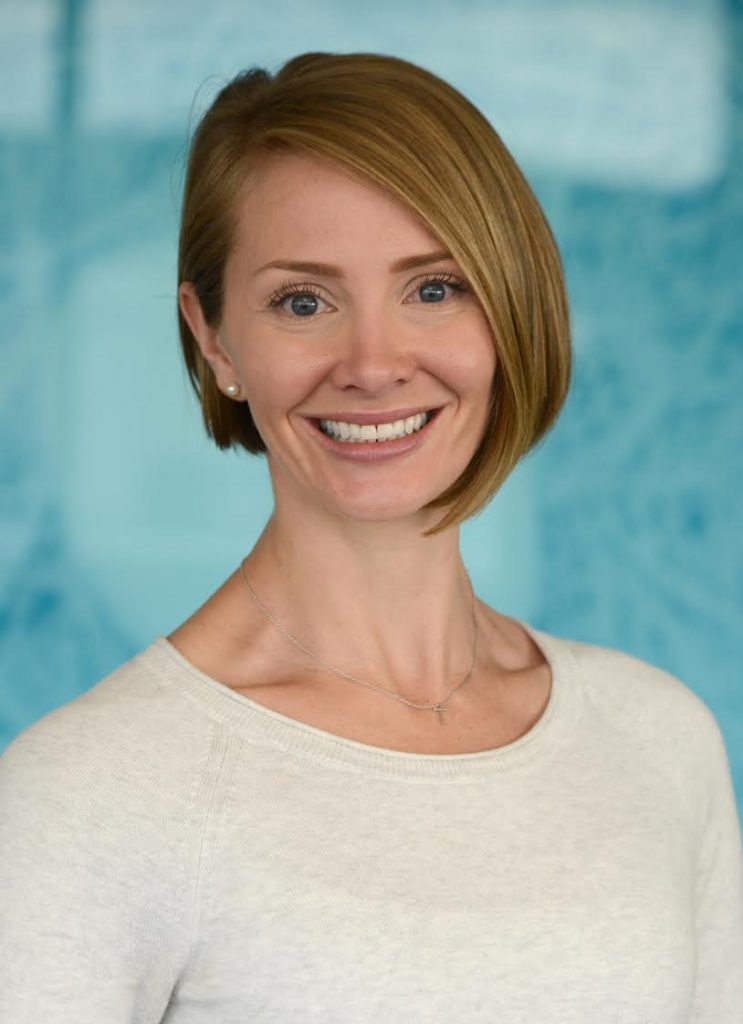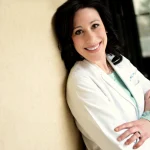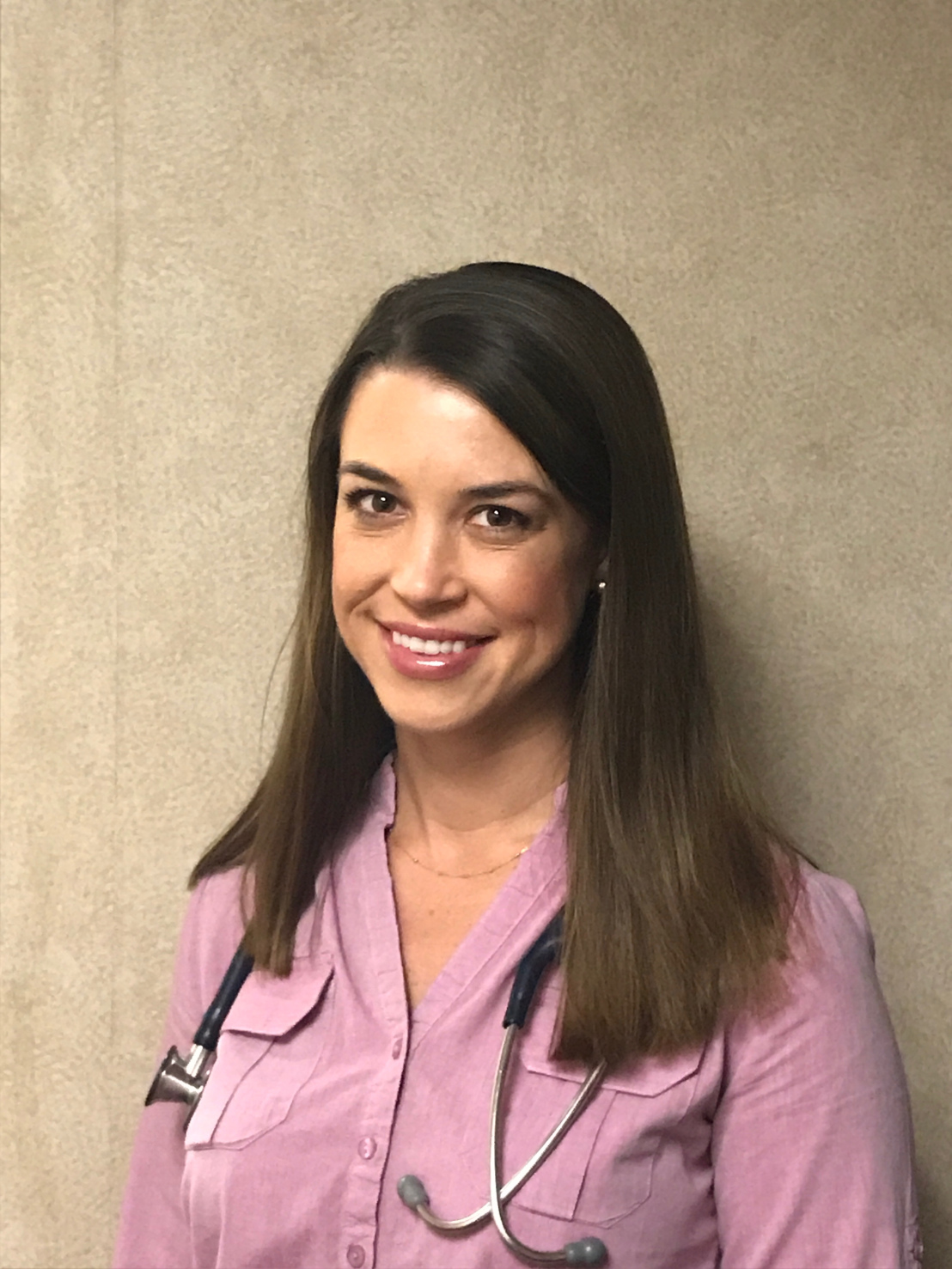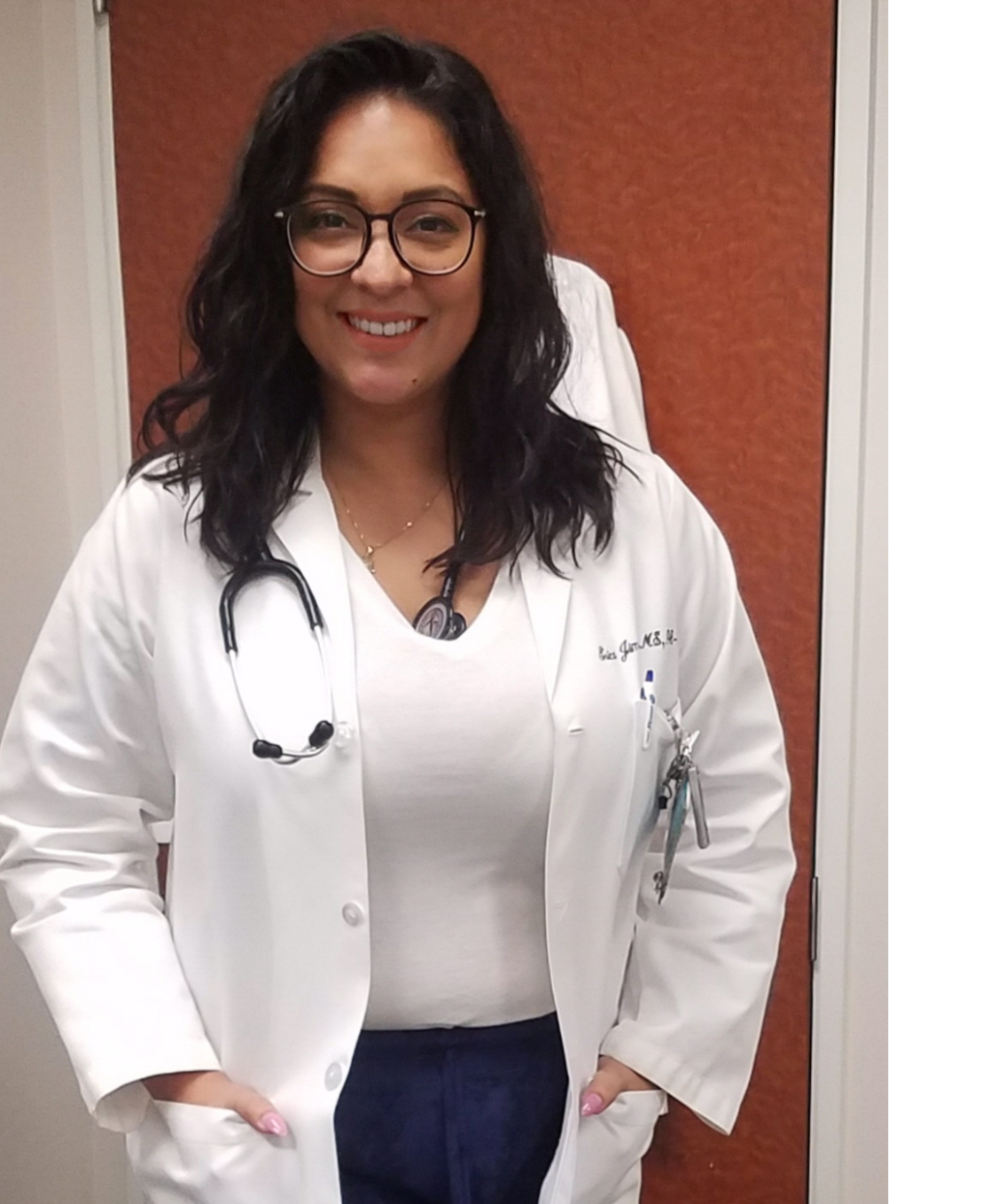A Day in the Life: Pediatric Surgery Physician Assistant
Pediatric Surgery PA
Baylor College of Medicine, 2010
1.What is your specialty? Where do your work?

Pediatric Plastic and Reconstructive Surgery, Children’s Hospital Colorado, University of Colorado Anchutz Medical Campus
2.What is a typical day like?
I start my day early and round on patients admitted to the hospital. This generally includes seeing patients in the preop area, those in the pediatric ICU, and on the surgical hospital wards. The rest of the day is a combination of seeing patients in clinic or assisting in OR cases. I generally see new, pre-op and post-op patients in clinic and manage the outpatient wound care program. I also do minor procedures. In the OR, I assist my attending surgeons and residents in general plastics, craniofacial and reconstructive cases. I am also on call during the day and see consults in the hospital and in the emergency room.
3.What attracted you to your particular specialty originally?
I have worked in either surgical or pediatric sub-specialties during the course of my career as a PA. I spent several years in adult reconstructive and plastic surgery and had an opportunity to return to pediatrics in this particular specialty. I love working with kids and families and appreciate the opportunity to establish continuity of care with my patients.
4.What do you find most interesting about your current specialty?
There is a lot of variety in pediatric plastic surgery. There are three main areas that our team practices in, including craniofacial surgery, primarily working with congenital conditions, such as cleft lip and palate and craniosynostosis; trauma and burn reconstruction; and management of smaller lesions and masses that need to be removed. I appreciate the variety and always find challenge in what I do!
5.What special skills are required? Skills you learn once you were hired?
Having familiarity in the OR and being comfortable with a fair amount of autonomy are important aspects of my position. Both of those things come with time and experience as a PA. However, there is always opportunity to gain confidence in the OR or procedural settings during training by seeking out these experiences as you are able. I worked in an OR setting prior to PA school, which gave me a better understanding of the environment and dynamics, and an introduction to the multitude of equipment used in surgical cases. The more exposure you have, the better!
6.What do you like most about being a PA?
I believe that PAs are an integral part of the medical team and appreciate the role I get to play within my clinical team. I love taking care of patients and working with families. I also appreciate how much the PA profession continues to evolve, and enjoy the opportunity to be part of that change to continue supporting PA practice and expanding access to quality care.
7.What are the challenges of your particular specialty?
Pediatric plastics covers a wide variety of conditions, and I feel like I continue to learn something new every day. I appreciate the opportunity to expand my knowledge and experience.
8.Any other advice you’d like to share?
If you are interested in becoming a PA, spend as much time as you can not only shadowing PAs, but seeking opportunities with other health professionals. Medicine is truly a team sport, and this will lend itself to not only understanding more about what role PAs play, but also help in understanding the numerous parts that make patient care possible.







